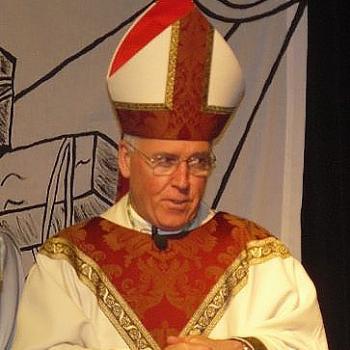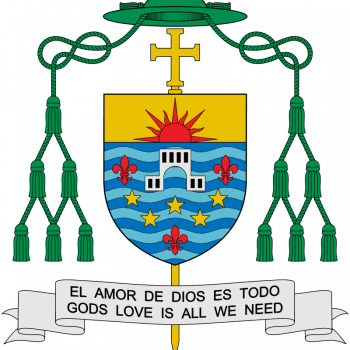From Vatican News:
As Cardinal Walter Kasper turns 85, the former President of the Pontifical Council for the Promotion of Christian Unity has written a new book published by the Italian publisher Queriniana. Entitled “Amoris laetitia’s Message. A brotherly discussion.” Cardinal Kasper and Archbishop Vincenzo Paglia, President of the Pontifical Academy for Life, are together presenting the book in Rome.
In view of the publication and presentation of the book, Cardinal Walter Kasper granted Vatican News an interview specifically regarding the debate that Pope Francis’ Apostolic Exhortation sparked as well as the good that it has done for families.
Q. – Cardinal Kasper, in the first pages of your book, you underline that Amoris laetitia does not contain any new doctrine, but is a creative renewal of traditional teaching. Can you explain this?
R. – Tradition is not a stagnant lake, buti s like a spring, or a river: it is something alive. The Church is a living organism and thus it always needs to validly translation the Catholic tradition into present situations. This is the meaning of the renewal about which Pope John XXIII spoke.Q. – The subtitle of your book is: “A brotherly discussion.” You also write that disscusions should not be feared, but you add that “there is no place for accusations of heresy.” What has struck you about the debate which became very heated following the publication of Amoris laetitia?
R. – First of all I would like to say that debate in the Church is necessary. There is no need to fear debate! But there is a very bitter debate, way too strong, with accusations of heresy. A heresy is a tenacious disagreement with formal dogma. The doctrine of the indissolubility of marriage has not been called into question on Pope Francis’ part! Before saying that something is heresy, the question should be what the other person means by what has been said. And, above all, that the other person is Catholic should be presupposed, the opposite should not be supposed!Q. – Speficically speaking of the contested article 351 of Amoris laetitia regarding the admission to the Sacraments of the divorced and remarried, you affirm in your book that this article should be read in the light of the Decree of the Council of Trent on the Eucharist. For what reason?
R. – The Council of Trent says that in the case in which there is no grave sin, but venial, the Eucharist removes that sin. Sin is a complex term. It not only includes an objective principle, but there is also the intention, the person’s conscience. And this needs to be examined in the internal forum—in the Sacrament of Reconciliation—if there is truly a grave sin, or perhaps a venial sin, or perhaps nothing. If it is only a venial sin, the person can be absolved and admitted to the Sacrament of the Eucharist. This already corresponds with the doctrine of Pope John Paul II and, in this sense, Pope Francis is in complete continuity with the direction opened by preceding Popes. I do not see any reason, then, to say that this is a heresy.












